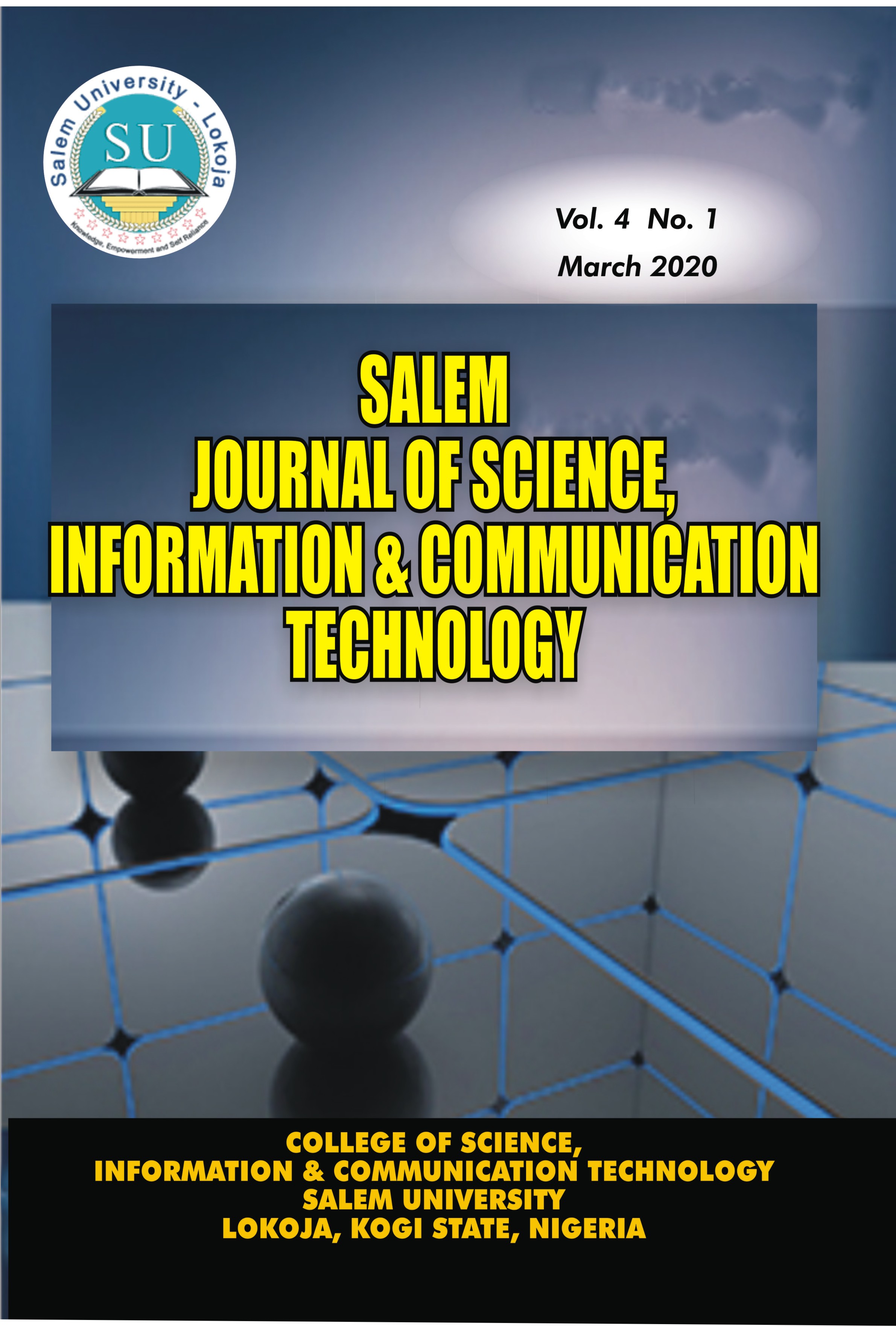2023
Vol. 6, No. 2
Now a day’s there is an increasing recognition that freshwater is a valuable resource due to overexploitation and pollution. Wastewater discharge contains several harmful substances or chemicals, which may cause adverse environmental impacts such as changes in aquatic habitats, species composition, and a decrease in biodiversity (Li, et al., 2024). All of these impacts lead to a less valuable environment, a less prosperous economy, and ultimately, a diminished quality of life. Recent studies have highlighted the complex interactions between multiple pollutants in sewage and their synergistic negative effects on freshwater ecosystems (Patel & Sharma, 2023). Furthermore, the impact of emerging contaminants, such as microplastics present in wastewater, on freshwater biodiversity is a growing area of concern (Khan & Ahmed, 2025). Several substances are present in sewage, which can potentially impact seafood, plant and animal communities in different ways. Common pathogens such as Vibrio spp., Salmonella, Shigella, Listeria monocytogenes, and Aeromonas spp. Are frequently Associated with seafood-related illnesses, particularly when products are consumed raw or Undercooked, or harvested from contaminated waters. The risk is exacerbated in environments with inadequate sanitation, improper handling, or cross-contamination during processing and Distribution.The presence of antimicrobial-resistant (AMR) strains further complicates treatment and control Efforts, making routine surveillance, stringent hygiene practices, and public education essential. This article therefore advocates for preventative strategies—such as monitoring harvest waters, enforcing seafood safety regulations. It also recommends that proper cooking is critical to reducing the incidence of foodborne infections and that continued Research and a One Health approach are needed to manage the evolving risks of bacterial Pathogens in seafood and safeguard public health.
DR. N. O. IZUCHUKWU, STEPHEN BLESSING ESTHER
